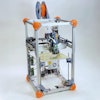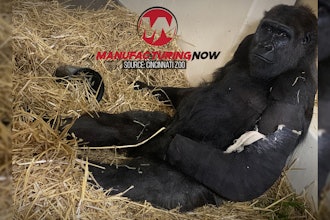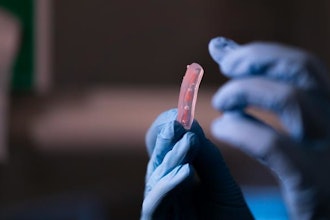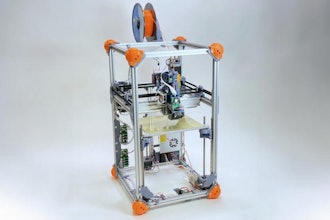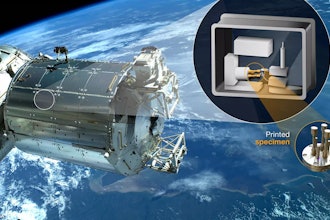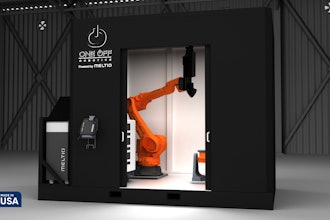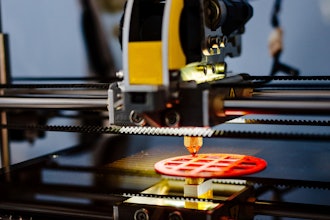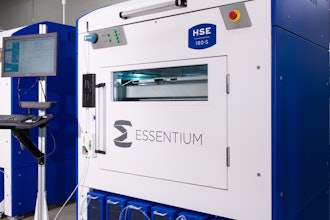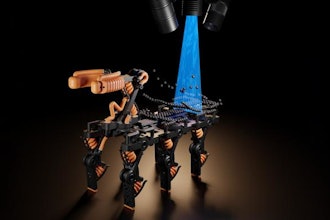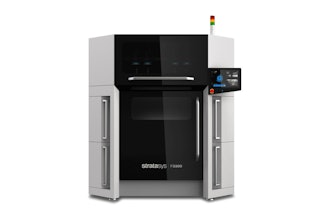
Lab-grown meat offers an alternative to traditional livestock farming. Combined with 3D-printing technology, cell-based meat products have myriad form factor possibilities that could usher in a new consumer experience. At scale, some believe the technology could shake up the entire food manufacturing industry.
A few prominent stakeholders have experimented with 3D-printed protein. For example, about three years ago, KFC was 3D printing nuggets made from lab-grown chicken and plant cells.
While other producers have tried to tackle 3D-printed and plant-based meat and poultry, fewer have succeeded with seafood options. A team of researchers did debut 3D-printed calamari rings earlier this year, but the product, produced from an ink made of microalgae and mung bean, is only a proof of concept.
Yesterday, in a step towards a more fish-forward cuisine, Steakholder Foods (NASDAQ: STKH) launched the world's first plant-based, 3D-printed eel. According to the company, it can now accurately replicate the complex texture of eel using precision layering and a unique combination of materials. The product is printed on Steakholder's proprietary 3D printing technology and is plant-based; however, the company expects it to include cultivated eel cells as "economies of scale allow price-competitive cell development."
Most Read on IEN:
- Toyota Subsidiary Shuts Down Factories During Probe of Bogus Safety Tests
- Stellantis Calls Back 165 Workers the Week Before Christmas
- Engine Maker Cummins to Pay $1.67 Billion for Bypassed Emissions Tests
- Cleanup at Decaying Pillsbury Mill in Illinois a 'Daunting' Task
- Chatty Robot Helps Seniors Fight Loneliness Through AI Companionship
The company says its unique printing process significantly reduces the number of ingredients used in 3D-printed products relative to typical plant-based alternatives.
Steakholder is fishing for collaborators to help commercialize printed eel. The company is offering its proprietary 3D printers and ink as part of the deal. The company estimates that partners can mass-produce 3D-printed eel at a price range competitive with current global eel prices.
The global eel market, which primarily relies on wild eel, was valued at $4.3 billion in 2022. The industry faces several headwinds, including overexploitation, particularly in Japan, breeding difficulties at eel farms, regulatory challenges, and issues stemming from poaching and black-market trading.
Founded in 2019, Steakholder is an international deep-tech food company based in Rehovot, Israel, specializing in 3D printed and cultured meat.
 According to Steakholder Foods, the company can accurately replicate eel's complex texture.Steakholder Foods
According to Steakholder Foods, the company can accurately replicate eel's complex texture.Steakholder Foods



